Humanism and Curriculum:
(1) Curriculum should be based on Child Psychology- Humanists wish that the curriculum should take into consideration child psychology as well as various stages of development. They want such a type of curriculum, which transforms creative childhood into creative manhood. The curriculum should fit the child rather than the child should fit the curriculum.
(2) Core Curriculum for all and Differential Curriculum for different Children– Humanists distinguish between the needs, capacities, and experiences common for all children and those that are peculiar to individuals. Therefore, they recommend a “core curriculum” for all, followed by a differential curriculum for the particular abilities and aptitudes of different children.
(3) Study of Classics- The humanists consider classics as a constant feature for all times and the classical times “as the youth of the world”. Therefore, humanists emphasize the study of classics to give practical aid to a life of action and to instill the qualities of artistic enjoyment and moral worth. They say that the study of classics forms the foundation for wisdom instead of being merely an example of a good literary style.
(4) Study of Natural Sciences- Humanists also advocate the study of natural sciences (Physics, Chemistry, Biology, etc.) which explain the physical world. The study of natural sciences stretches the brain, disciplines the mind, takes man into the heart of things, and shows him the vision of truth. The study of natural sciences satisfies his wondering curiosity about nature and natural phenomena. Moreover, the study of sciences makes this world of ours a better place to live.
(5) Study of Language- Humanists wish to teach language not merely as a technique of words but as the gateway to civilization. They consider the study of language as a key to the understanding of humanity and a signpost to a way of life.
(6) Study of History and Geography- In order to study man in his social and physical setting, humanists advocate the study of history and geography.
(7) Education for the Training of Emotions- Humanists advocate the training of emotions through die teaching of drama, art, dancing, etc. Acting is good for self-expression and cathartic release of pent-up emotions. Humanists also advocate the study of practical subjects, which involve some bodily skills, particularly domestic subjects, and handicrafts.
(8) Health Education- Humanists also recommend the study of elementary physiology and hygiene as this study enables the child to know how to live in a physical sense as well as in a moral and intellectual sense. Physical education is also valuable for training the mind and powers of observation.
(9) Sex Education- The humanists favor sex education for both boys as well as for girls. Through this education, the mysteries would no longer remain mysteries to them.
(10) Development of Aesthetics- Humanism believes that in man there is the widest possible development of appreciating art, beauty, and nature’s loveliness and splendor. Therefore they wish to develop aesthetic experience in man.
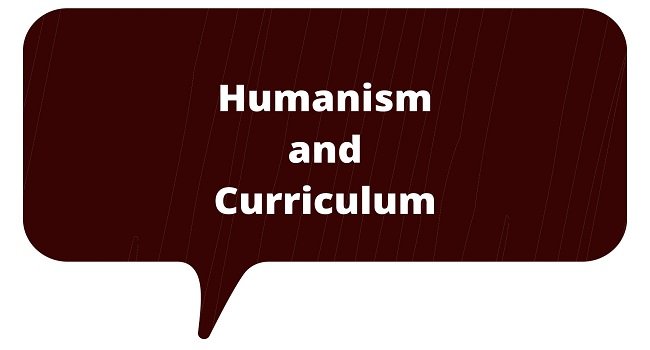
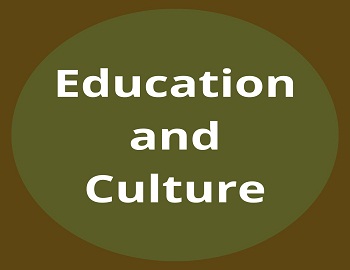
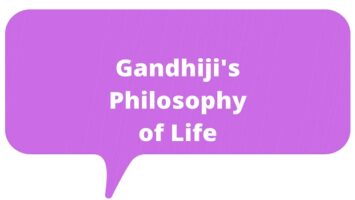
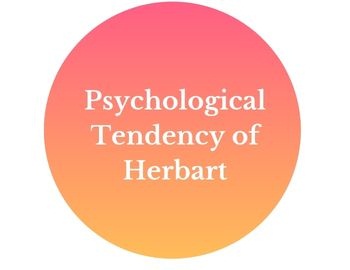
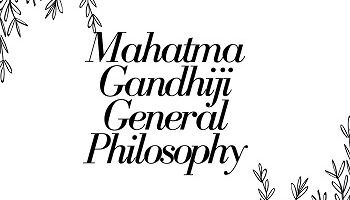
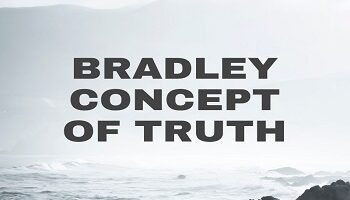
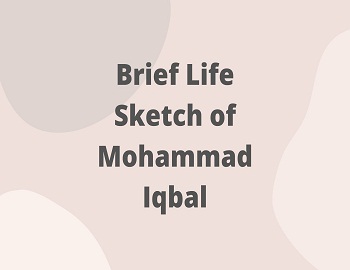
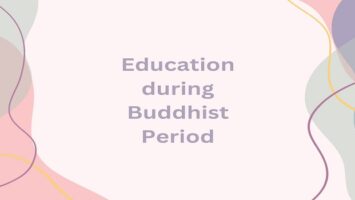
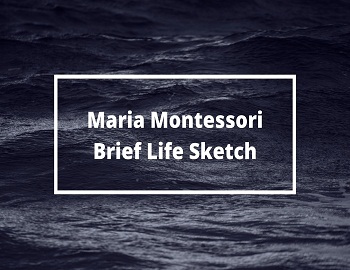
Comments (No)